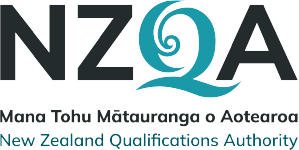Purpose Statement
Learners credited with this Unit Standard are able to formulate mathematical and statistical approaches to solving problems in a range of meaningful situations, use mathematics and statistics to meet the numeracy demands of a range of meaningful situations, and explain the reasonableness of mathematical and statistical responses to situations.
Classification
Core Generic > Work and Study Skills
Available Grade
Achieved

